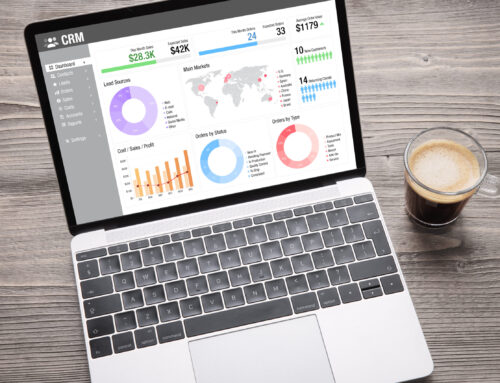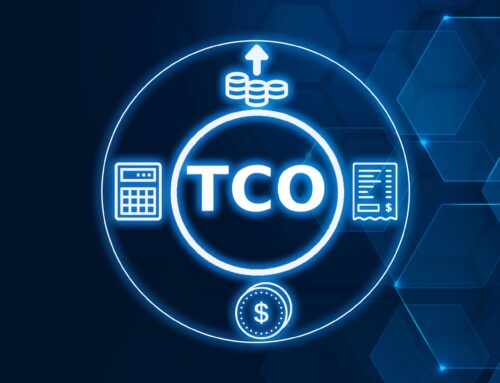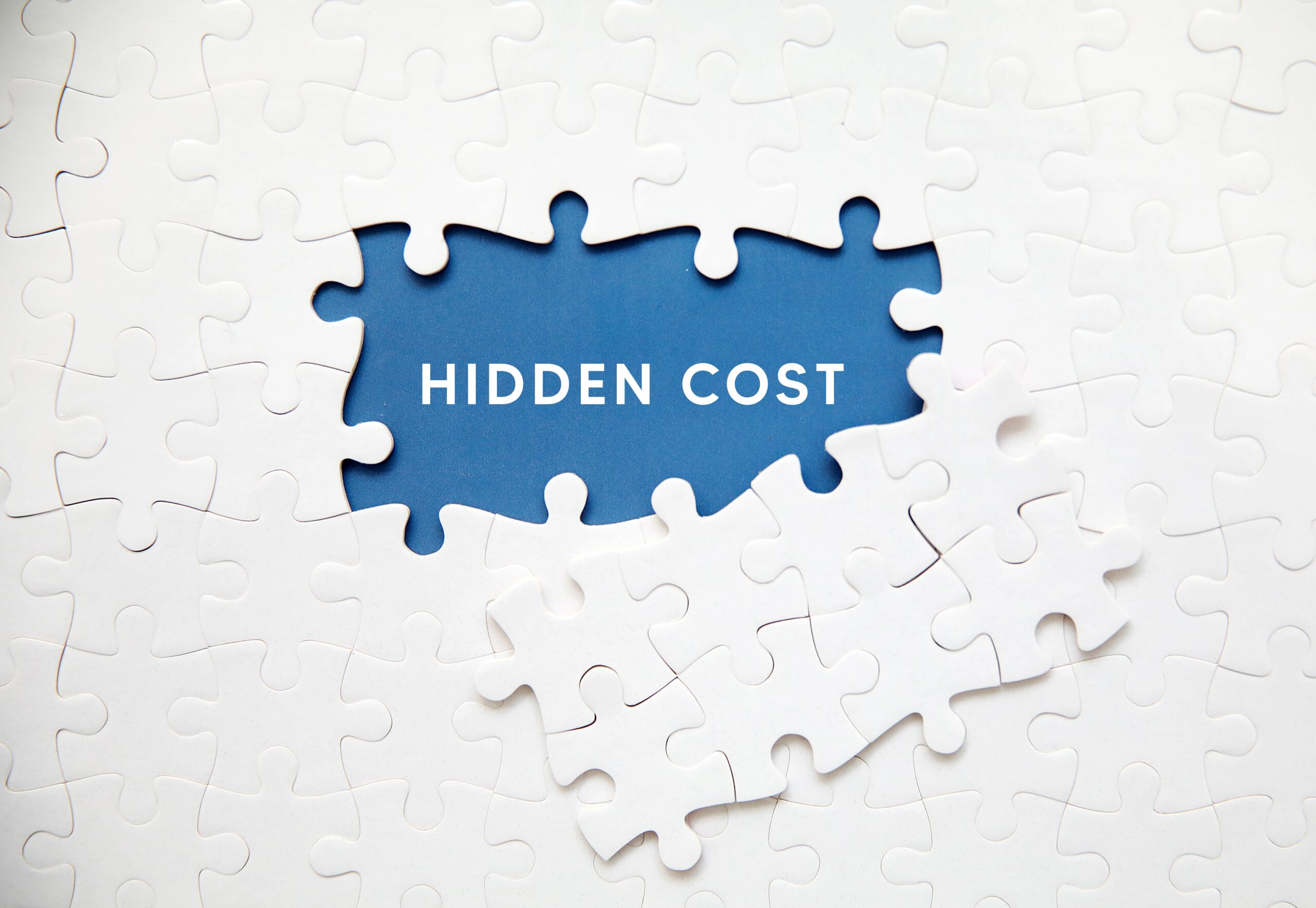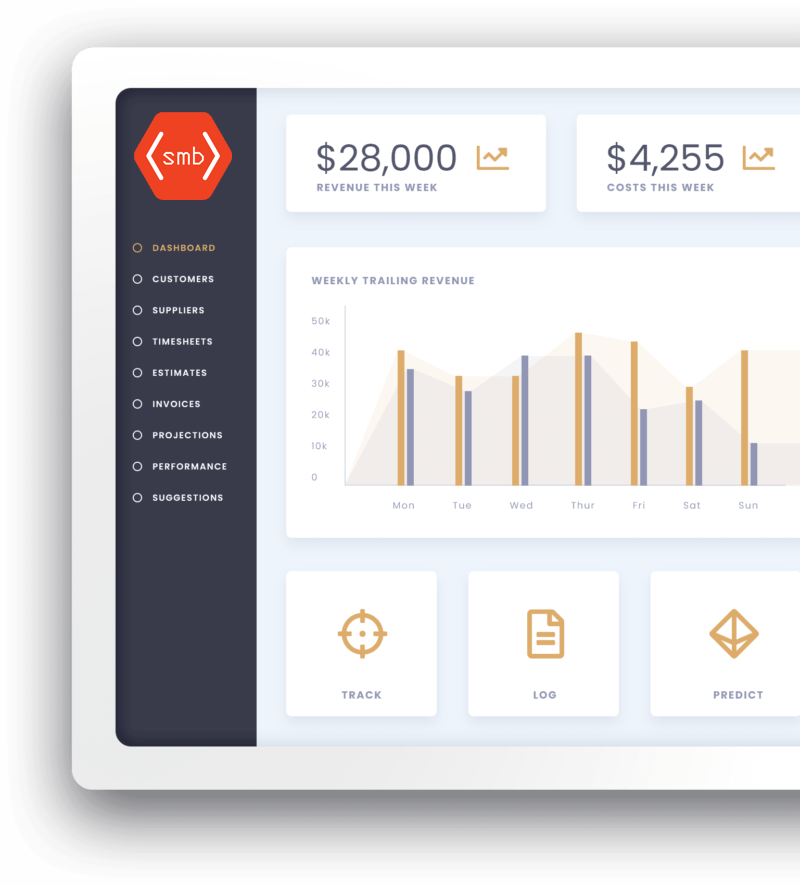
For every CRM system, scalability is key.
CRM That Grows With Your Business
A thriving business will grow and evolve over time, and the last thing you want is to outgrow your CRM system too quickly.
Choosing a CRM system that scales with your business will help mitigate the expensive and time-consuming process of migrating to a new platform as you grow. By choosing wisely from the start, you can avoid such issues.
So, the question is: How can you ensure your CRM will grow with you? It’s important to understand that there are those CRM systems designed with growth in mind, while others may leave you boxed in, having to move to an entirely new platform—just as your business is hitting its stride.
It’s good to know that there are less complex Modular CRM systems, that may be a better fit for your business. Systems especially relevant when it comes to scalability.
✅ Salesforce Alternatives
1. Flexibility in Features: Adding What You Need When You Need It (Weigh the options)
One of the hallmarks of a scalable CRM is flexibility, i.e., the ability to add or remove features based on your evolving needs. Such flexibility will help avoid greater expense initially, and help to prevent outgrowing your CRM system down the road.
Scalability is the golden promise every CRM vendor whispers seductively into your ear. “Grow with us,” they say. And to their credit, both HubSpot and Zoho CRM actually do a decent job of walking the talk.
Modular Growth-HubSpot CRMYou can bolt on advanced “Hubs” as your needs expand:
|
Layered Growth via Zoho EcosystemZoho’s big ace-in-the-hole? It’s not just a CRM—it’s part of a sprawling suite:
|
|---|
Thus, minimizing the need for costly migrations while maintaining continuity as your needs evolve.
2. Customization Options: Tailoring the CRM to Your Growth
Along with scalability comes the advantage of customization. Whereas a one-size-fits-all approach may work initially, you want your business to grow. Growth means you need a more tailored solution. So, then, choosing a CRM system that offers customization options will help ensure that your system adapts to your business needs.
As well; although ✅ customization can ‘increase the total cost’, it can also mitigate the far greater expense and aggravation of migrating to a new platform as your company grows.
Zoho—for example—offers a range of customization options that allow you to tweak workflows, automate processes, and develop unique dashboards
These types of customization can be adjusted as your business grows and changes, eliminating the need to switch systems and costly future migrations. Consequently, you experience a greater ROI on your system in the long run.
✅ The Cost of CRM Ownership
3. Data Handling Capacity: Can Your CRM Manage Your Growing Data?
Why is data handling so important?
Well, obviously, business growth means more data, and more data means owning a CRM system that can cope with an increasing volume of customer information, transactions, and interactions.
There are CRM systems designed to manage large data sets out of the gate, so to speak, while others may struggle as your database expands. This is A CRUCIAL consideration when it comes to your growth planning, and management. In this context, Salesforce is often praised for its data-handling capabilities.
However, platforms like Zoho and HubSpot have also invested heavily in scalability to ensure they can accommodate the need for data processing as your business expands.
Zoho ScalableCustomization & Developer Tools
|
HubSpot CRM – “Sleek, Polished, and Able To Grow”Automation & AI ScalingAt the Professional and Enterprise levels, HubSpot offers:
|
|---|
-
Choose HubSpot if you want a slick, low-maintenance CRM with strong marketing chops.
-
Choose Zoho CRM if you want to sculpt your own system with more privacy, control, and flexibility.
Ensuring your CRM can handle larger data volumes without a noticeable slowdown is just another crucial aspect in maintaining efficiency and preventing potential future data migration headaches.
4. A “Unified Tech Stack”: Expanding Functionality as You Grow
Scalability isn’t just about the CRM system itself, but how well it integrates with other systems that your business needs.
Business growth requires expanding your tech stack, i.e., incorporating tools for accounting, inventory, email marketing, and more. A scalable CRM will need to be able to ✅integrate seamlessly with these additional tools to create a unified system.
There are several alternatives when choosing a CRM with a robust ecosystem of integrations, including—like Zoho or HubSpot—that make it easier to add new functionalities as your business expands.
When the CRM can grow with your tech stack, you avoid the risk of hitting an integration wall and lose the costly need to migrate to a new platform altogether.
✅ Integration
5. Cost Management: Growing Without Breaking the Bank
The greatest risk in selecting a non-scalable CRM system, is the hidden cost of future migrations. These migrations can involve data transfer fees, downtime, and the expense of training your team on a new system. Oh, and there is a chance of data loss, which could also be very costly.
A scalable CRM system provides options for upgrades and additions, when needed. s discussed previously, shows how some platforms offer separate Sales, Marketing, and Service functionalities, which often adding to cost.
By choosing a CRM that offers the all-in-one, or ✅ modular approach, you can manage costs more effectively by paying only for what you need now, while the other aspect lay in reserve for later expansion.
Of course, this involves careful planning ‘before’ you decide on which CRM system would best fit.
✅ Modular Approach
A scalable CRM system is about future-proofing your business.
Yes, you can save upfront by choosing a simpler, less flexible system, which results in paying more in the long run. The key is to think strategically, planning for growth, which is what having a business is about. Scalability is an investment for the future of your business.
Related articles
February 19, 2026
February 19, 2026
February 19, 2026
February 19, 2026













